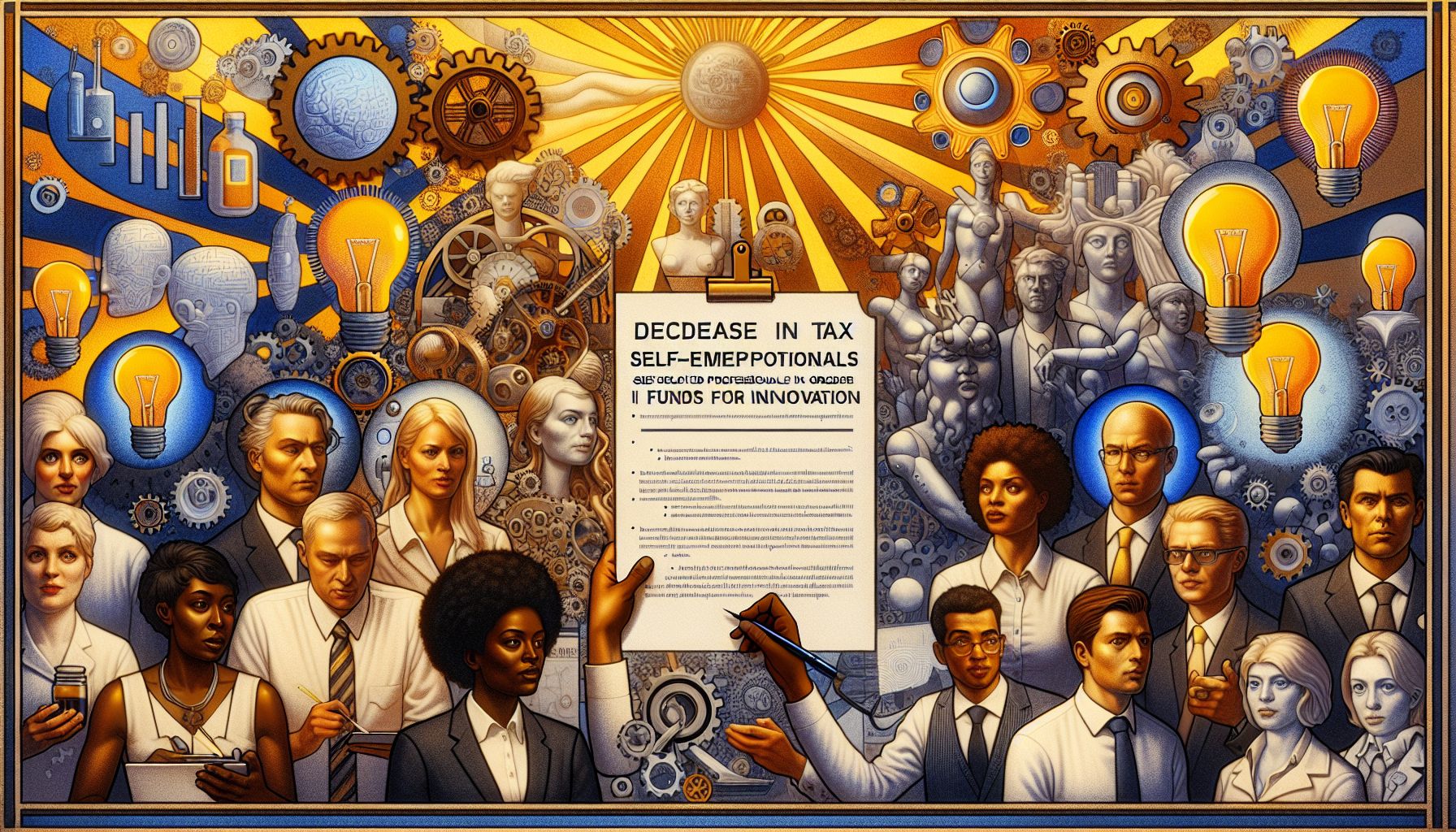Dutch Party Proposes Cutting Self-Employed Tax Breaks to Fund Innovation

The Hague, Wednesday, 6 November 2024.
The Christian Democratic Appeal (CDA) in the Netherlands suggests reducing tax deductions for self-employed professionals to generate €100 million for innovation subsidies. This proposal faces opposition from self-employed associations, who argue it disproportionately affects their sector.
The Proposal and Its Rationale
The CDA’s proposal aims to reallocate financial resources by reducing the zelfstandigenaftrek, or self-employed deduction, alongside the startersaftrek, a tax break for new entrepreneurs. This strategy is designed to funnel an additional €100 million into innovation subsidies, a move the party believes will stimulate economic growth and technological advancement in the Netherlands. The CDA contends that investing in innovation is crucial for maintaining the country’s competitive edge in the global market, especially in sectors like technology and sustainable energy.
Opposition from Self-Employed Associations
Self-employed associations, notably the Platform Zelfstandige Ondernemers (PZO), have voiced strong opposition to the CDA’s proposal. Sylvia Huydecoper, Director of PZO, argues that the reduction in tax deductions would be detrimental to self-employed individuals, who already face significant financial challenges. According to Huydecoper, the innovation subsidies are not easily accessible to the majority of self-employed professionals, as they require a minimum of 500 hours dedicated to innovation projects annually. This threshold, equivalent to over a quarter of a work year, is seen as unrealistic for many self-employed individuals, who may not have the resources or time to meet such demands.
Broader Economic Implications
The debate around the CDA’s proposal highlights broader economic tensions in the Netherlands, particularly concerning the balance between fostering innovation and supporting small business owners. Critics argue that the CDA’s approach risks undermining the financial stability of self-employed professionals, a crucial segment of the Dutch economy. Moreover, there is concern that such policy changes could discourage entrepreneurship, as potential entrepreneurs might be deterred by the reduced financial incentives.
Looking Ahead
As of now, the proposal remains a contentious topic within Dutch political discourse, with ongoing discussions expected to continue. The outcome of this debate could have significant ramifications not only for self-employed professionals but also for the broader innovation landscape in the Netherlands. Policymakers will need to carefully consider the potential impacts of reducing tax incentives on one sector to bolster another, weighing the long-term benefits of innovation against the immediate needs of small business owners.

